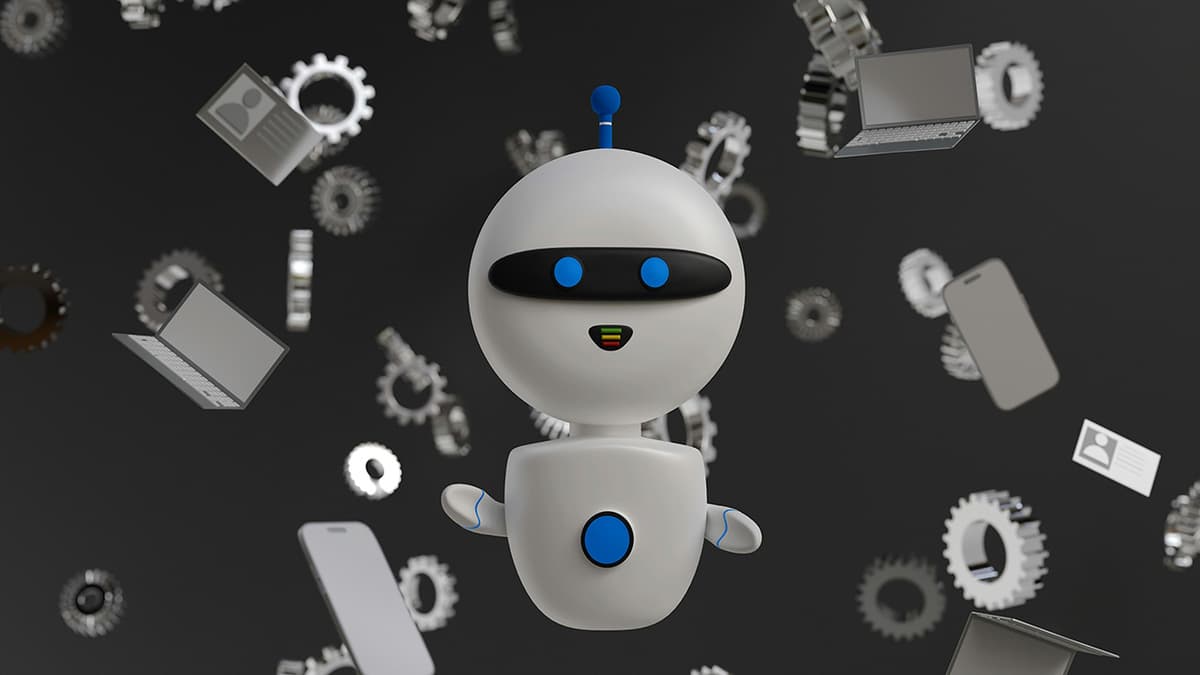Unraveling the Mysteries of AI Chips
AI enables machines to think and learn like humans. AI chips are crucial for processing the vast amounts of data needed for learning and decision-making. These chips operate significantly faster than traditional processors.
What Are AI Chips?
AI chips are specialized components within devices like computers and smartphones. They enhance AI tasks, such as voice recognition and movie recommendations. These chips manage specific functions efficiently, such as pattern recognition, natural language processing, and neural networks.
Compared to general-purpose processors, AI chips are tailored to improve AI applications. This specialization helps devices respond and adapt in real time, enhancing the user experience.
How Do AI Chips Increase Speed?
Speed is vital for effective AI performance. AI chips excel at parallel processing, enabling them to handle multiple tasks at the same time. This is essential because AI requires analyzing large datasets and conducting millions of calculations simultaneously. By optimizing resources for these operations, AI chips reduce waiting times and enhance efficiency.
How Do AI Chips Save Energy?
AI chips are designed for energy efficiency. Ongoing AI applications can drain batteries and increase energy costs. Modern AI chips execute tasks more efficiently than general-purpose processors, resulting in a smaller energy footprint while maintaining or improving performance.
Who Are the Key Players in AI Chips?
Many companies are leading the AI chip market, each offering unique innovations.
-
NVIDIA: Known for its graphics processing units (GPUs), NVIDIA produces chips optimized for AI computations that benefit from parallel processing.
-
Intel: Initially famous for its CPUs, Intel has developed neural network processors designed to scale AI models across various devices and platforms.
-
Google: Google’s Tensor Processing Unit (TPU) manages the extensive data needs of its data centers and cloud computing services.
What is the Future of AI Chips?
As AI technology progresses, expect more powerful and specialized AI chips. Future chips may be designed specifically for industries like healthcare and automotive, making smart devices more intuitive and responsive.
AI chip technology will likely shrink in size and cost, becoming standard in many devices. The integration of AI chips into consumer electronics may soon rival existing connectivity features.
The growth of AI is driven by both software and hardware. As AI chips become more advanced, they will expand technological possibilities and significantly enhance our daily lives.
AI chips are transformative components. They improve processing power, energy efficiency, and capabilities, paving the way for a future filled with potential. With AI chips, we can work smarter, not harder.
As digital assistants and smart homes gain popularity, AI chips operate silently in the background, reshaping our interaction with technology. The next time you give a voice command and your device responds, remember that the AI chip makes it all possible.












